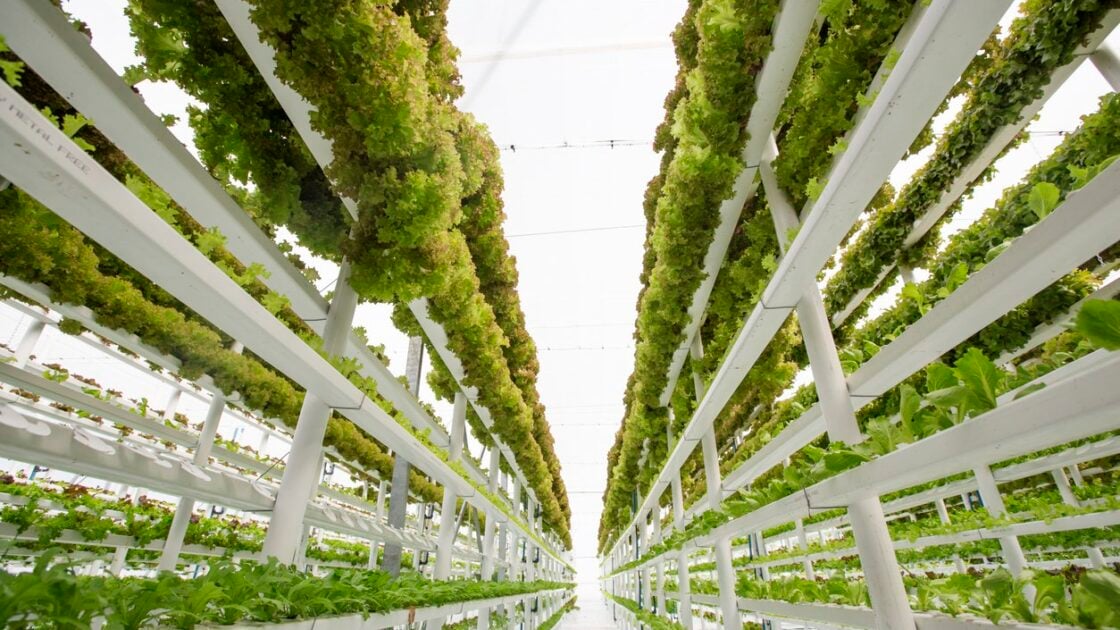Organic Farmers Lose Battle Over Soilless Hydroponic Growing

The National Organic Standards Board voted last Wednesday to reject proposals prohibiting hydroponic and aquaponic production methods from being certified USDA organic. This decision followed intense lobbying efforts by groups in the organic community to urge the Board to vote to restrict certification to soil-based systems.
“It was sad, because the rally speeches and all the testimonies of the farmers were so moving,” says Dr. Linley Dixon, lead scientist at the Cornucopia Institute, an industry watchdog organization that was quite vocal in its support of the ban. “Everyone did such a good job explaining the situation, and it didn’t matter. It was very sad. There were a lot of tears.”
The 15-person Board voted eight to seven to reject the proposal. There are approximately 100 certified organic hydroponic operations in the United States.
This issue has been debated within the organic industry for years. Those against the continued certification of soilless systems argue that such techniques violate the basic principles of organic, which Abby Youngblood, executive director of the National Organic Coalition, told NPR “are really about soil health, regenerating the soil.”
Dixon agrees, noting that hydroponic systems do not cycle nutrients back into the soil to build soil health, an important tenant of organic.
Those in favor of certified organic hydroponics, however, argue that these techniques can be quite sustainable and energy-efficient. Hydroponic systems are also generally devoid of pesticides, even those permitted by the organic label, due to their indoor nature.
In 2010, the Board recommended against permitting soilless systems to be certified organic, but the USDA elected not to follow the recommendation at the time.
Dixon hopes that the USDA will put “rigorous” standards into place for container farming, though she notes that outgoing Board member Francis Thicke attempted to present a plan for such standards at the meeting, recommending the adoption of a rule requiring container growers to use compost.
“It was clear that nobody on the hydroponic side was going to be okay with it,” says Dixon.
Those who are disappointed with this ruling blame industry influence for their loss, saying that big soilless growers such as Driscoll’s and Wholesum Harvest have too much clout with the NOSB. In his closing statement, Thicke said that “industry has an outsized and growing influence on USDA — and on the NOSB (including through NOSB appointments) — compared to the influence of organic farmers, who started this organic farming movement.”
Dixon believes that the organic farmers who started the movement should have the final word on what constitutes organic. “You don’t come into something and say, ‘What I’m doing should be organic,’” she says. “You come into it and say, ‘Do I fit here?’ And we’ve clearly said you don’t, because you’re not cycling nutrients.”
The NOSB did vote to ban aeroponics from being certified organic; there are currently no certified organic aeroponic operations in the U.S., though several firms were researching the technology for organic production before the vote.
Note: A previous version of this article indicated that Driscoll’s was a hydroponic grower. Driscoll’s does not grow hydroponically but rather in containers. The article has been modified to reflect this.
Related on Organic Authority
5 Things You Need to Know About the National Organic Standards Board
Hydroponic Farming Faces Ban on Organic Certification
Is Hydroponic Food Organic? Organic Farmers Urge USDA to Say No

